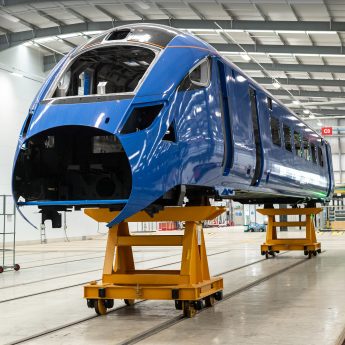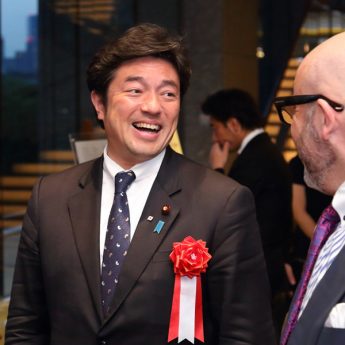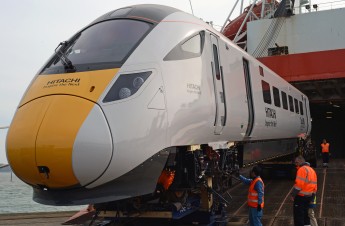- Record numbers of Japanese firms invested in the UK in 2015
- M&A teams are increasingly sensitive to cultural differences
- Japanese expats are adopting a more flexible approach to work
Due to the current economic climate, Japanese firms are partaking in cross-border deals and investing in the UK more than ever. In 2015, there were more than 20 in-bound takeovers. Although the immediate effect on the staff concerned differs, a number of cross-cultural issues have arisen.
Cultural differences
In July 2015, when Nikkei, Inc. acquired the Financial Times, concerns were raised regarding whether the very different journalistic cultures would allow a successful fusion of the two institutions—the Japanese firm with a deferential approach and less emphasis on open criticism, compared with the British newspaper’s tradition of open reporting.
According to Naotoshi Okada, president and chief executive of the Nikkei, however, it is no longer the case within a globalised world that cultures need to clash. If the Nikkei’s main values are about giving readers what they want and expect, he said, there need be no inconsistency with the values of the Financial Times, despite the different cultural backgrounds and attitudes.
The importance of shared values was quoted as one of the reasons for the success of Dentsu’s acquisition of Aegis Group plc in 2013. While there was great industry scepticism about the merger, Tim Andree, executive chairman of Dentsu Aegis Network, said, “I think cultures can be different as long as they share values and visions”.
Working together
While these shared values are vital as a company aim, equally vital is recognising the cultural differences between Japanese expat and local staff, who work alongside each other. This is particularly important given that failure to recognise these differences has led to some well-documented business failures and loss of local staff.
The corporate culture of most large Japanese firms is very different from that found in the UK. Some of the initial concerns voiced by Financial Times staff concerned this difference and how it would affect their jobs. Would they get the same number of holidays and enjoy the generous work–life balance they currently had? How would the bureaucracy and difference in hierarchy affect their reporting styles?
Having built up teams for mergers, Japanese firms are becoming more sensitive to these issues, introducing cross-cultural training programmes, giving more authority to non-Japanese executives, and initially taking a hands-off approach.
Japanese expats in the UK
Whereas the typical role of the Japanese expat had, until recently, been to transfer to the overseas posting the Japanese way of working, they are now at the forefront of globalisation. Japanese expats are thus adapting to a more non-traditional approach to work, which may manifest itself at the management level in the following ways.
- Changing the way they make decisions in a faster-paced environment, with lower levels of consensus building
- Giving goal-orientated and performance-related feedback
- Managing staff who have very different expectations of hierarchy, promotional paths and, in some cases, attitudes to work–life balance and work-based relationship building
- Tackling the nuances of British English and accents, especially given that most Japanese learn American English
- Navigating the idiosyncrasies of British people
Outside the office, there are more practical concerns for Japanese expats settling in the UK. Whereas London offers access to a strong and easily accessible Japanese community, other regions may not. However, sizeable Japanese communities have also developed in other areas, particularly where larger firms have established a base, such as Nissan Motor Corporation’s in Tyne and Wear, and Toyota Motor Corporation’s in the East Midlands.
As a growing number of Japanese firms invest in British regions, expats based there will be exposed to a distinctive regional— and possibly more challenging— experience. This will inevitably help contribute to the globalisation that Japan currently seeks.







